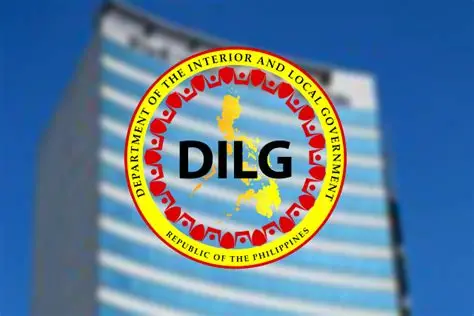
In a decisive move to bolster integrity in public service, the Department of the Interior and Local Government (DILG) has issued Memorandum Circular No. 2025‑082, imposing an immediate ban on all forms of online gambling for its personnel and local government officials (LGUs), citing serious ethical concerns. The directive, aligned with the 1987 Constitution and the Code of Conduct for public officials, extends the existing prohibition on brick-and-mortar casinos to online platforms, recognizing that their accessibility can pose an even greater threat to institutional credibility (DILG statement).
The DILG emphasized that public office is a public trust and warned that engaging in online gambling undermines the competence, loyalty, and integrity expected of government employees. Violators now risk both administrative and criminal penalties under applicable laws and regulations—a response to growing reports of officials participating in such activities and a bid to close a significant regulatory gap in the digital age.
The move received broad support across the political landscape. Senate Majority Leader Joel Villanueva applauded the action as “a step in the right direction,” noting that it provides clear guidance for all levels of local government and commended Secretary Jonvic Remulla for heeding his call for explicit regulation. He also urged the Civil Service Commission to embrace a similar policy to extend across all civil servants nationwide. The League of Cities of the Philippines also publicly backed the DILG’s directive, reinforcing its alignment with local governance leaders’ expectations.
The context around this crackdown reveals a broader tension in Philippine governance. Last month, PAGCOR chairman Alejandro Tengco reported that licensed domestic online gambling contributes approximately US$1.8 billion annually to public coffers. Yet he emphasized that tighter regulation, not outright bans, might better balance revenue potential with ethical safeguards. Meanwhile, industry players have formed the “PlaySafe Alliance of the Philippines” to advance responsible gambling standards, including ad vetting and consumer protections.
In sum, the DILG’s immediate ban signals a broader governmental pivot: safeguarding ethical standards within public service while grappling with the moral, societal, and fiscal complexities of online gambling. Whether this sets a precedent for a national ban or a more regulated framework remains to be seen, but the issuance marks a firm step toward reasserting public trust in an increasingly digital era.

 Content Writer: Janice Chew • Wednesday, 25/08/2025 - 23:19:55 - PM
Content Writer: Janice Chew • Wednesday, 25/08/2025 - 23:19:55 - PM